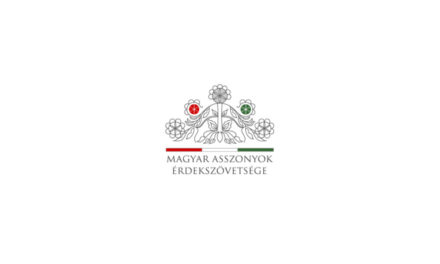Hungarians support the latest measures affecting pensioners: the November pension premium, pension corrections and the restoration of the 13th monthly pension, according to the latest research by the Mária Kopp Institute for Population and Family Affairs (KINCS).
The vast majority of people believe that caring for the elderly is the responsibility of both the state and the family. The research also revealed that pensioners - mostly grandparents - want to spend the amount of the pension premium primarily on their family.
In recent years, the government has taken several measures to improve the situation of pensioners and promote increased social appreciation of their irreplaceable role in family life. The pension premium, the pension corrections resulting in a pension increase and the 13th monthly pension also serve to recognize a lifetime of hard work and to create the financial security of pensioners. In its latest survey, KINCS examined the reception and acceptance of these measures, and what pensioners would use the extra money they received. Four fifths of Hungarians agree that the elderly are useful members of society as a whole.
In particular, the answers of those raising children show how important the presence of the elderly in families is, since the most positive answers were given by parents with small children (88%) and those raising 3 or more children (83%), and in their case there is not even one who at least would partially disagree. In addition to recognizing the values of the older age group, there is also broad agreement among the respondents that creating security in old age is the task of both the state and the family. According to 72 percent of them, preserving the financial security of the elderly is the responsibility of the state, while 63 percent of them believe that it is the responsibility of the family to take care of the elderly.
This year's economic performance in Hungary, which is also considered outstanding in Europe, enabled the government to take further measures to improve the situation of pensioners. The reconstruction of the 13th monthly pensions has begun, in November 2021 pensioners will be paid an unprecedented pension premium, the highest amount due under the law, and they will receive a pension adjustment again in November. Of these, most people have heard about the restoration of the 13th monthly pension, which was taken away in 2009 and is now returning to pensioners (95%), as well as the HUF 80,000 November pension premium (85%). These two measures have the highest support, as 82 percent of respondents agreed with the payment of the pension premium and the return of the 13th month's pension.
Social consensus also surrounds the inflation-adjusted pension increase, as four fifths of respondents (80%) support it. The guarantee of the stability of the value of the pensions is the pension correction and the fact that at the beginning of each year, the pensions are increased by the rate of the predicted inflation for the given year. Three quarters of the respondents agreed with this pension increase (76%).
An important background for the social esteem of the older age group is that 83 percent of the surveyed pensioners are grandparents, so they have at least one grandchild. More than half of grandparents (52%) also have three or more grandchildren. According to their own admission, 96 percent of grandparents maintain a particularly good relationship with their grandchildren. Two-thirds of them see their grandchild at least once a week, 25 percent daily, and 17 percent several times a week. A sixth of grandparents see their grandchildren less often than once a month. Among other things, it can be explained by the good relationship between grandparents and grandchildren that most of the retired respondents plan to spend the amount of the pension premium mostly on their family (52%). 45 percent would spend the money on health treatments and medicines, 41 percent on their home, the same number on food, and roughly a third (37%) plan to put it aside.
All in all, the measures that support our elderly compatriots and make their lives easier clearly meet the will of the Hungarian people, since every government decision is supported by at least a three-quarters majority. Cross-generational relationships work well in most families, and it can be concluded from the answers that the young and the old can rely on each other.
Source: Mária Kopp Institute
(Header image: Pixabay)













